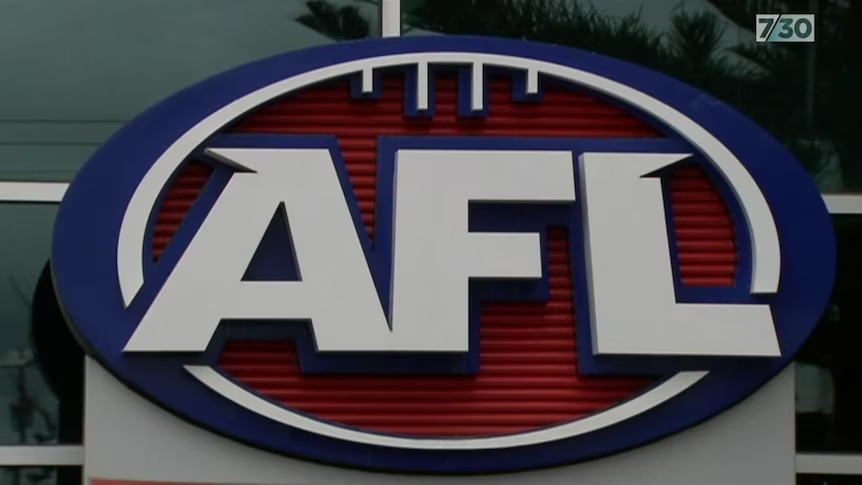The Australian Football League’s aggressive pursuit of increased gambling revenue has triggered an unexpected backlash that could make betting more dangerous for everyday punters. Small bookmakers, squeezed by the AFL’s new fee structure, are threatening to deploy harmful promotional tactics they’ve previously avoided. This development has exposed a troubling cycle where the league’s financial demands on gambling operators could ultimately lead to more aggressive marketing targeting vulnerable bettors.
The controversy highlights the complex relationship between Australian sport and the betting industry, where integrity concerns and revenue generation often clash. As the AFL seeks to extract millions more from bookmakers while simultaneously addressing serious flaws in its gambling oversight systems, critics warn that the real losers could be ordinary Australians who find themselves facing increasingly sophisticated inducements to gamble.
Revenue Grab Sparks Industry Pushback
The AFL’s campaign to secure a larger share of gambling profits has created significant tension within the betting industry. Initially proposing a minimum annual fee of $20,000 for all bookmakers taking bets on AFL games, the league later revised these figures following negotiations. Smaller operators now face fees of $3,000 in 2025, rising to $5,000 in 2026 and $7,000 in 2027.
While major betting companies can absorb these costs relatively easily, smaller bookmakers who typically focus on horse racing markets view them as a substantial financial burden. The AFL currently generates approximately $40 million annually from product fees, but executives believe this amount is insufficient compared to other sports leagues.
Dangerous Promotional Tactics on the Horizon
The most concerning consequence of the AFL’s revenue push is the threat from smaller bookmakers to increase their use of harmful inducements. James Filgate, who operates JimmyBet, explicitly stated that he would need to “introduce and advertise an incentive program on the AFL product to increase my turnover by twentyfold, for viability”.
These inducements, also known as “targeted generosities,” include bonus bets and deposit matches specifically designed to encourage gambling behavior. Such promotions are particularly effective against amateur gamblers, who are statistically more likely to lose money. The threat represents a significant shift for operators like Filgate, who had previously refrained from using such tactics for years.
Integrity Crisis Drives Financial Demands

The AFL’s push for increased revenue stems partly from serious concerns about gambling integrity within the sport. Internal documents revealed that league executives are alarmed by an “unprecedented” increase in integrity risks from the rapidly expanding wagering industry.
The league has admitted significant shortcomings in its ability to detect whether players, coaches, and staff are using inside information to manipulate betting markets. With over 80 bookmakers now taking bets on AFL games, the current monitoring systems have proven inadequate. The AFL describes its access to betting information as merely seeing the “tip of the iceberg”.
Several concerning cases have exposed these vulnerabilities, including an umpire allegedly leaking game outcomes and players sharing inside information for betting purposes. An AFLW health professional was also implicated in using injury data for betting advantages.
Public Health Experts Sound Alarm
The dispute has drawn sharp criticism from public health advocates and gambling reform experts. Wesley Mission’s Jim Wackett warned that if the AFL squeezes bookmakers for more money, “all that means is that the bookmakers will in turn squeeze punters more and more”.
Samantha Thomas from Deakin University emphasized that the situation demonstrates why Australia needs a national gambling regulator “with the sole purpose of reducing harm”. She expressed concern that discussions seem focused more on “who will profit from gambling, rather than how we can do all we can to prevent gambling-related harms”.
Political Inaction Compounds Problems
The controversy occurs against a backdrop of political inaction on gambling reform. The bipartisan Murphy inquiry, led by the late Labor MP Peta Murphy, recommended banning inducements “without delay” almost 18 months ago. However, the federal government has repeatedly delayed implementing these recommendations.
Reports suggest the AFL and NRL lobbied Prime Minister Anthony Albanese before gambling advertising reforms were postponed to 2025. This delay has left the regulatory framework unchanged while the industry continues to evolve rapidly.
Long-term Consequences for Australian Sport
Critics warn that the AFL may be building an “irreversible” dependence on gambling revenue. This financial relationship could fundamentally alter the league’s priorities and social responsibilities. As Filgate noted, the AFL has “a social responsibility to all its supporters of the game and its partners to wean itself from the gambling revenue, before its dependence is irreversible”.
The situation represents a critical juncture for Australian sport, where the pursuit of gambling revenue could ultimately undermine both sporting integrity and public health objectives.

